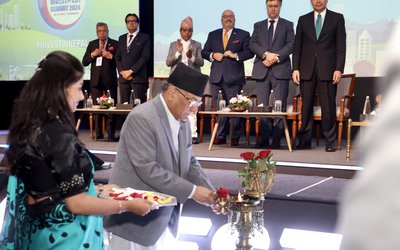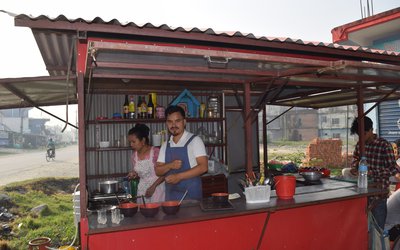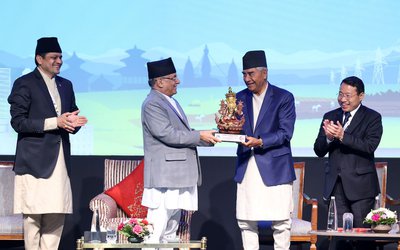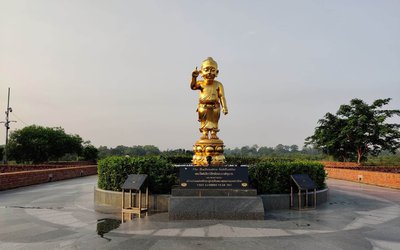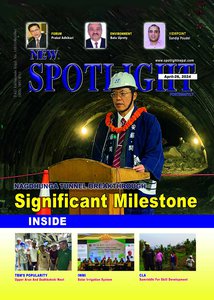
The rising popularity of Japanese films among Nepalese youths has led people from all walks of life to consider the annual Japanese film festival as the ideal venue to enjoy these movies. Japanese films are known for their unique and high-quality nature, being both realistic and captivating.
This has piqued the interest of Nepalese individuals of all ages, especially the younger generation. The Embassy of Japan in Nepal, in collaboration with the Japanese Language Teachers Association Nepal (JALTAN), organized Japan Day in Kathmandu along with a four-day Japanese Film Festival.
The films were screened with English subtitles in Kathmandu and Pokhara. Japan Day included a variety of activities such as demonstrations of Kimono / Yukata / Happi coat wearing, Japanese calligraphy writing, origami making, and traditional Japanese toy playing. The event attracted a significant number of attendees, including those who were able to converse in Japanese.
During the Japanese Film Festival, a total of 10 movies were showcased at two venues. Out of the 10, I had the opportunity to watch two movies.
The first film, "Kamome Diner," was a delightful and heartwarming comedy that revolved around the life of a Japanese woman who relocated to Finland and opened a diner. The movie deviated from the conventional structure of strong climaxes and anti-climaxes, instead offering a charming and graceful portrayal of the woman's journey to fulfill her dreams for the diner. Despite its simplicity and lack of intense drama or action, the film beautifully depicted both Finnish and Japanese lifestyles. Although it differed from the movies that I (and most people) typically watch, it felt authentic and had no shortcomings.
While it may not cater to everyone's preferences, it is certainly worth giving it a chance, especially for those seeking relaxation through a lighthearted film..
The second movie, "Only the Cat Knows", offered a unique viewing experience in comparison to the initial film. It was a heartwarming (and humorous) movie with a classic plotline, yet it managed to end on a gratifying note. The cat was noticeably absent for a significant portion of the film (much like the love shared between the couple), and there was no clear emphasis on the cat possessing any special knowledge. This led me to question the reasoning behind the movie's title. Nonetheless, this did not detract from my overall enjoyment of the film.
With a plausible storyline and creative narrative, I was engrossed. The emotional storyline touched the hearts of many viewers. The film not only depicted everyday life but also shed light on the Japanese perspective on marriage. Despite the contrasting experiences, both movies had similarities: they were authentic, sincere, captivating, easy to follow, and ended on a positive note. They were both entertaining and informative. I am thrilled to have taken part in both the Film Festival and Japan Day celebrations. It was a truly remarkable event, impeccably organized and carried out.
- JENESYS Friendship Ties Program: Learning From Japan
- Feb 05, 2024
- 78th Hiroshima Day: A Look Back
- Aug 08, 2023
- JDS : Japan’s Support To Nepal
- Jul 31, 2023
- Japan’s Support To Nepal: Uplifting The Economy
- Jun 29, 2023
- The Importance Of Addressing Environmental Conflicts on World Environment Day
- Jun 08, 2023


